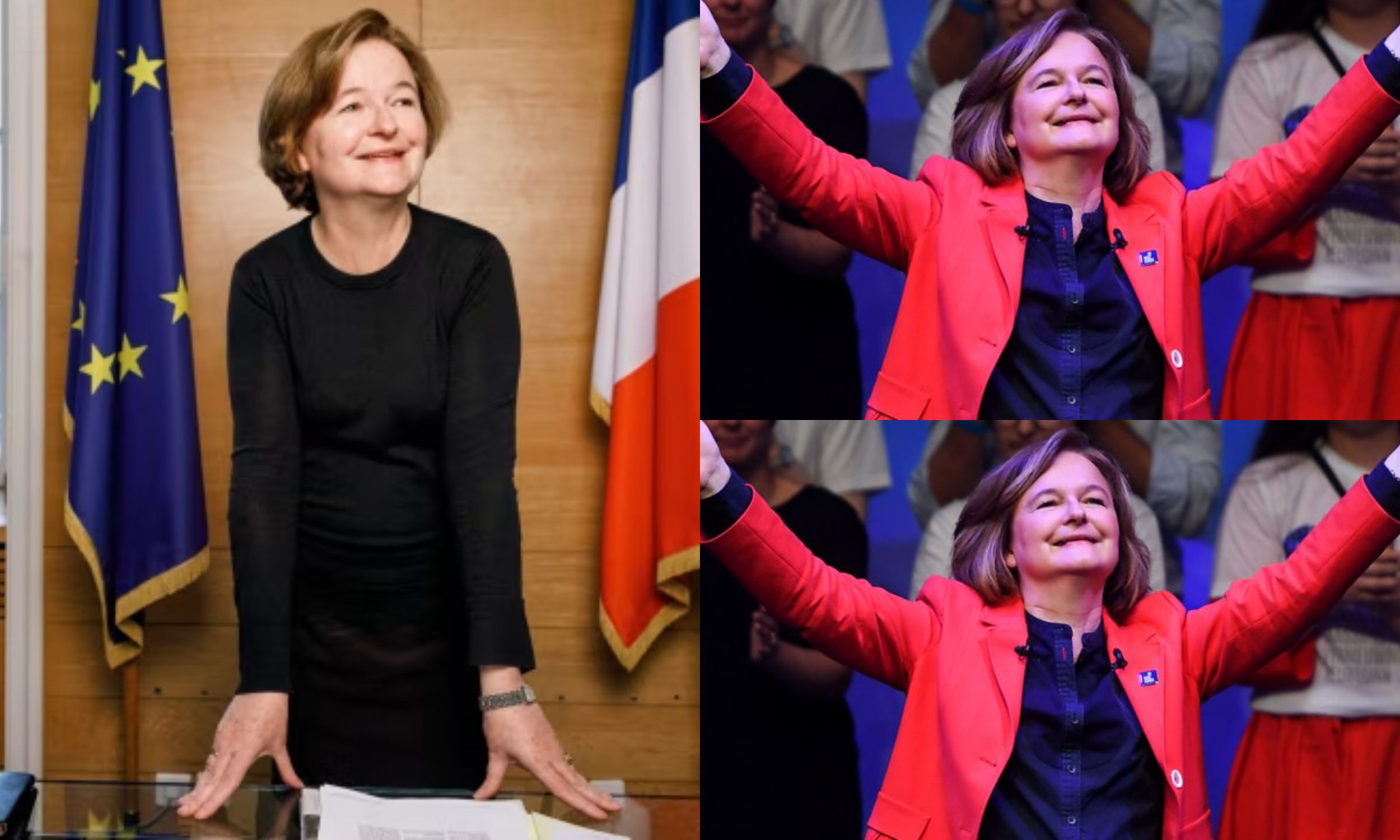European diplomats initially felt some relief when President-elect Donald Trump picked Marco Rubio, a Florida Republican, for the position of secretary of state. However, that sense of optimism quickly faded.
Trump’s later appointments, including the lesser-known Fox News host Pete Hegseth for defense secretary and former congresswoman Tulsi Gabbard as director of national intelligence, have raised concerns among European officials.
They now fear they may need to prepare for a more challenging geopolitical landscape, potentially operating without the usual support of NATO allies in an increasingly volatile world. Gabbard’s controversial past, which includes endorsing conspiracy theories and aligning with Russian President Vladimir Putin, has been particularly alarming.

Former French Europe minister Nathalie Loiseau expressed her unease on social media, calling the appointment “terrifying.” German lawmaker Marie-Agnes Strack-Zimmermann, who heads the European Parliament’s Subcommittee on Security and Defence, commented that Europe could no longer rely on the United States for protection.
Meanwhile, Marek Magierowski, the former Polish ambassador to the U.S., voiced concern over Gabbard’s pro-Russian stance, highlighting her comments about Ukraine’s neutrality just days after Russia’s 2022 invasion.
When Rubio’s nomination was initially announced, European officials were cautiously optimistic. Rubio’s experience with foreign policy and his support for NATO, Taiwan, and a hardline stance on Iran led many to hope for a balanced approach.
Similarly, Mike Waltz, selected as national security adviser, was regarded as a safe choice. But the subsequent appointments of Gabbard and Hegseth have left European officials more uncertain. One diplomat remarked that predicting the direction of the administration is now almost impossible.
This uncertainty has prompted questions about the extent of Trump’s influence on his Cabinet and whether anyone will be able to temper his decisions. Past behavior has raised doubts, with critics pointing out that Trump often sidelined Cabinet members and intelligence agencies in favor of direct dealings with autocrats like Putin and China’s Xi Jinping.
Even Rubio and Waltz have recently shifted their positions on Ukraine, aligning more closely with Trump’s calls for a peace agreement. As a result, EU diplomats are bracing for a possible increase in their responsibilities, particularly in terms of support for Ukraine.
In Kyiv, officials are hesitant to comment, wary of upsetting Trump. One intelligence officer attempted to downplay Gabbard’s controversial past, suggesting that her job might be more about preparing information than shaping policy.
Rubio, among Trump’s foreign policy appointments, remains the most well-known internationally, having visited several European countries in recent years. Tom Tugendhat, a conservative U.K. lawmaker, praised Rubio for his seriousness on global issues like China, and Czech Senator Pavel Fischer lauded his leadership in focusing global attention on Beijing.
Analysts believe Rubio and Waltz will likely push Europe to increase defense spending, though they will maintain the U.S.’s commitments to Ukraine and Taiwan. Rubio has downplayed Trump’s previous anti-NATO comments, emphasizing a stronger, more unified approach to Ukraine.
The situation looks less hopeful for Gabbard, with figures like François Heisbourg from the International Institute for Strategic Studies expressing grave concern over her potential confirmation. Heisbourg has even speculated that the Senate might block her nomination, although he doubted this would happen.
Heisbourg further questioned whether Rubio and Waltz would truly challenge Trump or simply align with his views. Despite initial hopes that individuals like Jim Mattis or John Bolton could temper Trump’s policies, their departures during the first term have shown that dissent within the administration is not tolerated. As the nomination process continues, some, like Heisbourg, predict that the transatlantic relationship will face even greater challenges during Trump’s second term.


